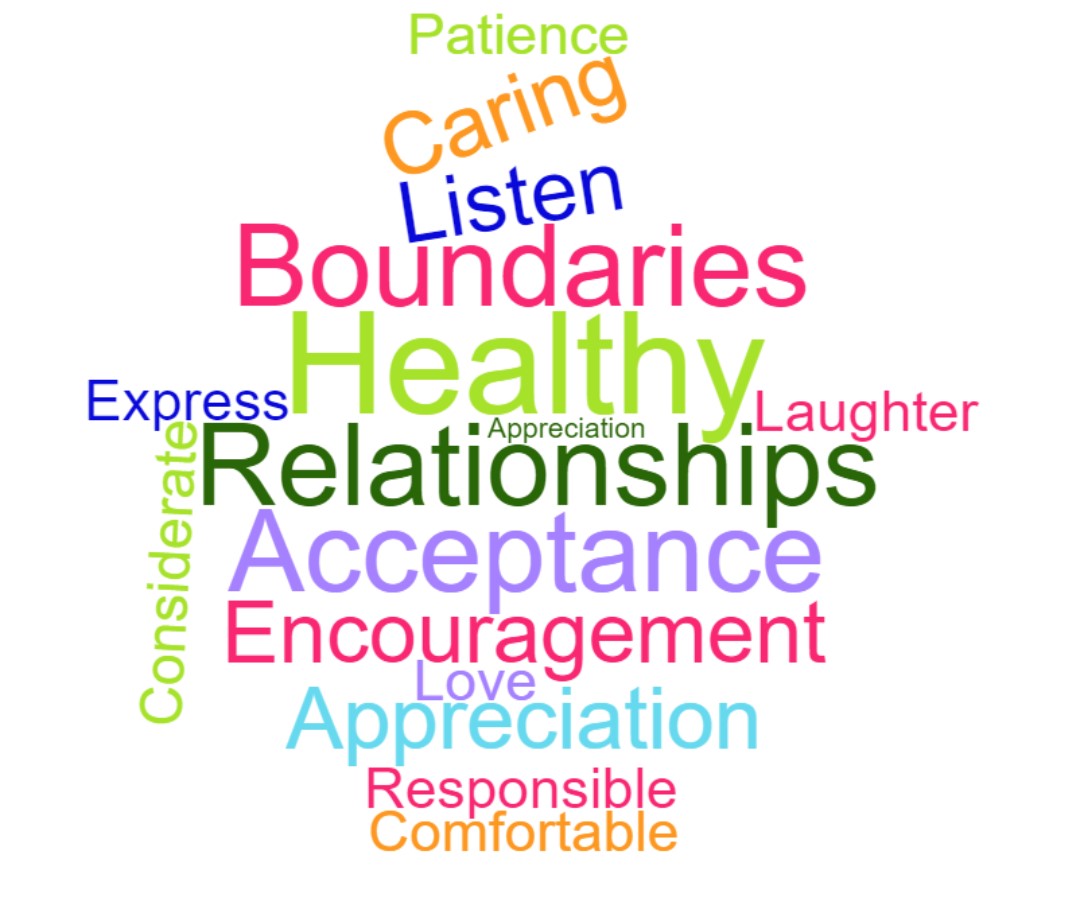In PSHE the children will explore, acquire and apply knowledge and understanding of:
Identify their personal qualities, attitudes, skills, achievements and what inflences these.
Relationships including different types and in different settings.
A healthy (including physically, emotionally and socially) balanced lifestyle (including within relationships, work-life, exercise and rest, spending and saving and diet.
Risk to be managed, rather than simply avoided and safety (including behaviour and strategies in different settings.
Diversity and Equality
Rights, responsibilities including fairness and justice.
Change as something to be managed and resilience the skills, strategies and 'inner resources' we can draw on when faced with challenging change or circumstances.
Power - how it is used and encountered in a variety of contexts, including persuasion, bullying, negotiation and 'win-win' outcomes.

